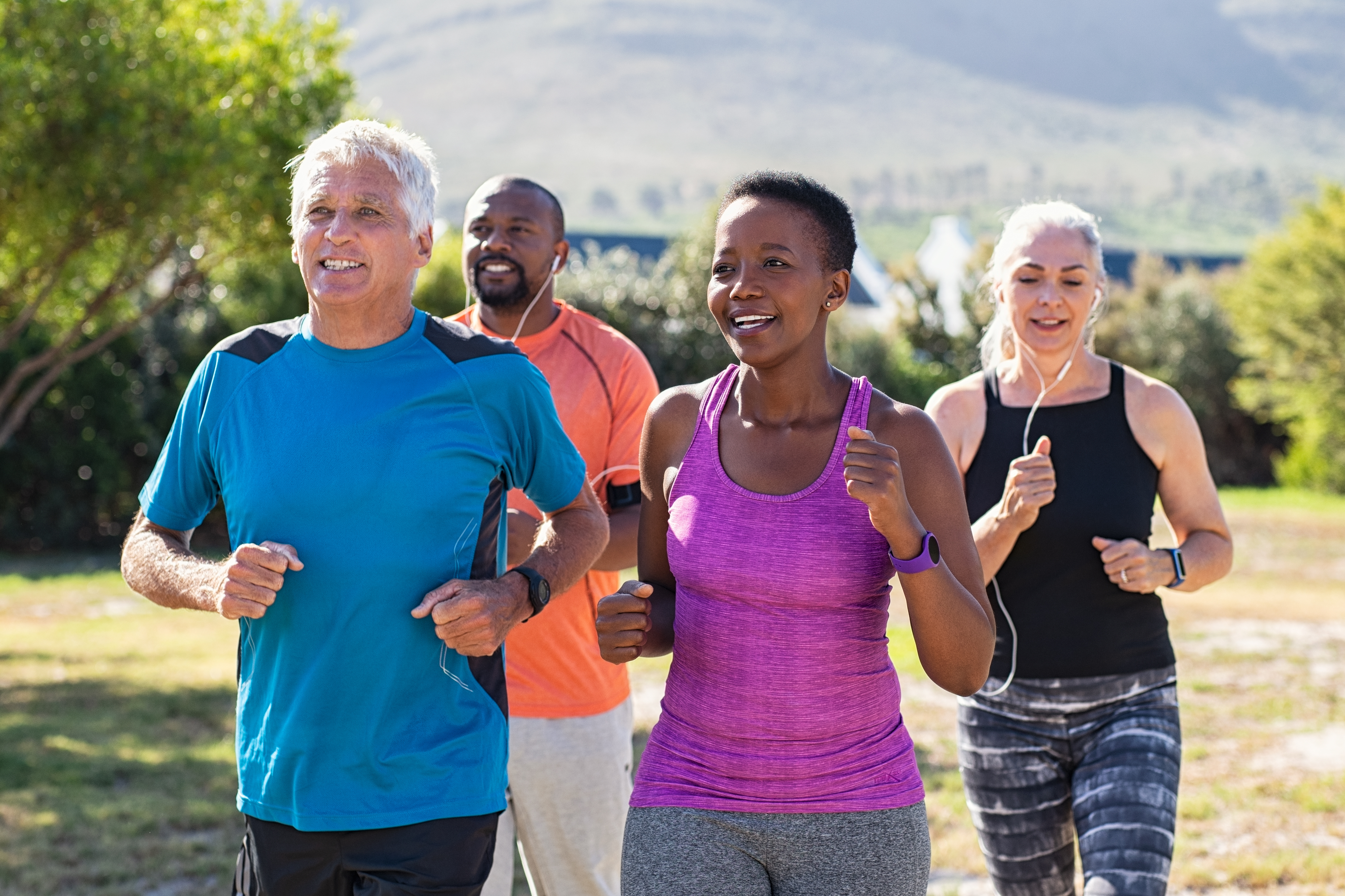The positive impact of physical activity on health
A recent systematic review supports Canada’s 24-hour movement guidelines, which recommend a balanced mix of physical activity, sedentary behaviour, and proper sleep each day. The research found that moderate to vigorous physical activity offers significant benefits for mental health, heart health, body composition, and longevity, reinforcing the value of moving more each day for better…
Exercise snacks for busy days
Finding time for a full workout each day can be challenging, but meeting daily exercise guidelines is important for maintaining good health and overall well-being. To help people stay active during busy times, researchers have been exploring the use of “exercise snacks” or short bursts of movement or structured activities like walking that are spread…
Workplace wellness
Workplace exercise programs can improve employees’ quality of life and reduce the risk of work-related repetitive strain injuries and disorders, like carpal tunnel syndrome and low back pain. By offering tailored exercise programs and making time for employees to be active during the workday, employers benefit from increased productivity, fewer sick days, and happier workers.
Lifestyle sports and positive development
Many lifestyle sports like climbing, parkour, and surfing can inspire joy, creativity, and connection, helping young people thrive. This study reveals how these dynamic activities foster mental well-being, social bonds, and holistic personal development.
FUN MAPS: Rethinking the joy of sport

For many, sport is synonymous with fun. Its why children sign up for soccer leagues, join hockey teams, and try out for rowing clubs. But what exactly makes sport fun? And how can coaches and program leaders ensure that fun isn’t just an afterthought, but a core component of the sport experience? Dr. Erin Sharpe,…
Social and psychological impact of frequent sport participation in Masters athletes
In a study exploring the experiences of 40 Masters athletes (ages 50 to 79) across various sports, researchers found that all participants benefited socially and psychologically from sport. However, those training 5+ times per week reported some social downsides, including time away from family. This may explain why some Masters athletes decrease or limit their…
Thinking about an aging, active and sporty population

Introduction There’s no point in writing on this blog that sport and physical activity are beneficial on a social, physical, cognitive and even societal level, because you and I, who work in the field, are convinced of this. What may be enlightening, however, is to reiterate that Canada is undergoing major demographic changes, with an…
Body composition in sport
Athletes’ body composition results from a mix of genetics, sport demands, diet, and training. Metrics like fat and muscle mass play a significant role in athlete health and performance, influencing factors such as injury risk and recovery.
Sport participation for individuals with disabilities
Sports offer numerous physical and mental health benefits for individuals with disabilities; however, many remain inactive despite these advantages. The health benefits of sports participation across various disability groups include socialization opportunities and enjoyment, highlighting the positive aspects of sports participation.
Rapid weight loss and kidney damage
Combat sport athletes often use rapid weight loss strategies, also known as weight cutting, before competitions, but these methods can cause harm. Dehydration and extreme dieting raise the risk of kidney stress and long-term damage.